Can Oslo’s Failed Aid Model Be Laid to Rest?
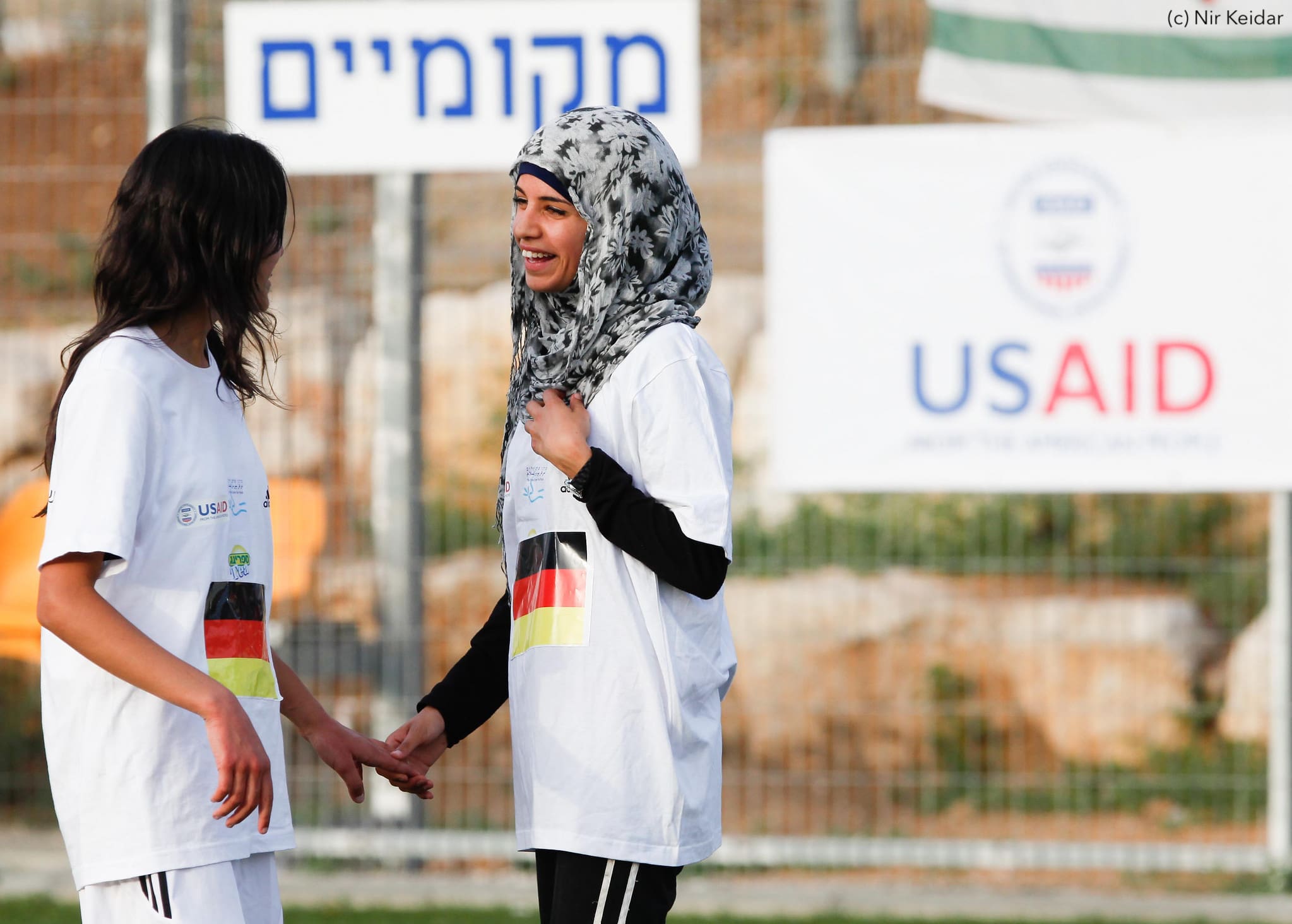
The Oslo Accords not only left the Palestinian people much worse off politically; they also devastated the economy of those living under Israeli occupation despite the $23 billion-plus that donors have poured into the territory. What’s worse, Wildeman and Tartir found no signs of a change in donor policies in their recent study.
Oslo’s Roots: Kissinger, the PLO, and the Peace Process

According to conventional wisdom, the PLO signed the Oslo Accords twenty years ago because it was almost bankrupt and feared an alternate leadership would emerge. But PLO Chairman Yasir Arafat sought to establish relations with the U.S. after the October 1973 War and offered significant concessions before ever reaching the negotiating table.
Why is the Egyptian Regime Demonizing Palestinians?
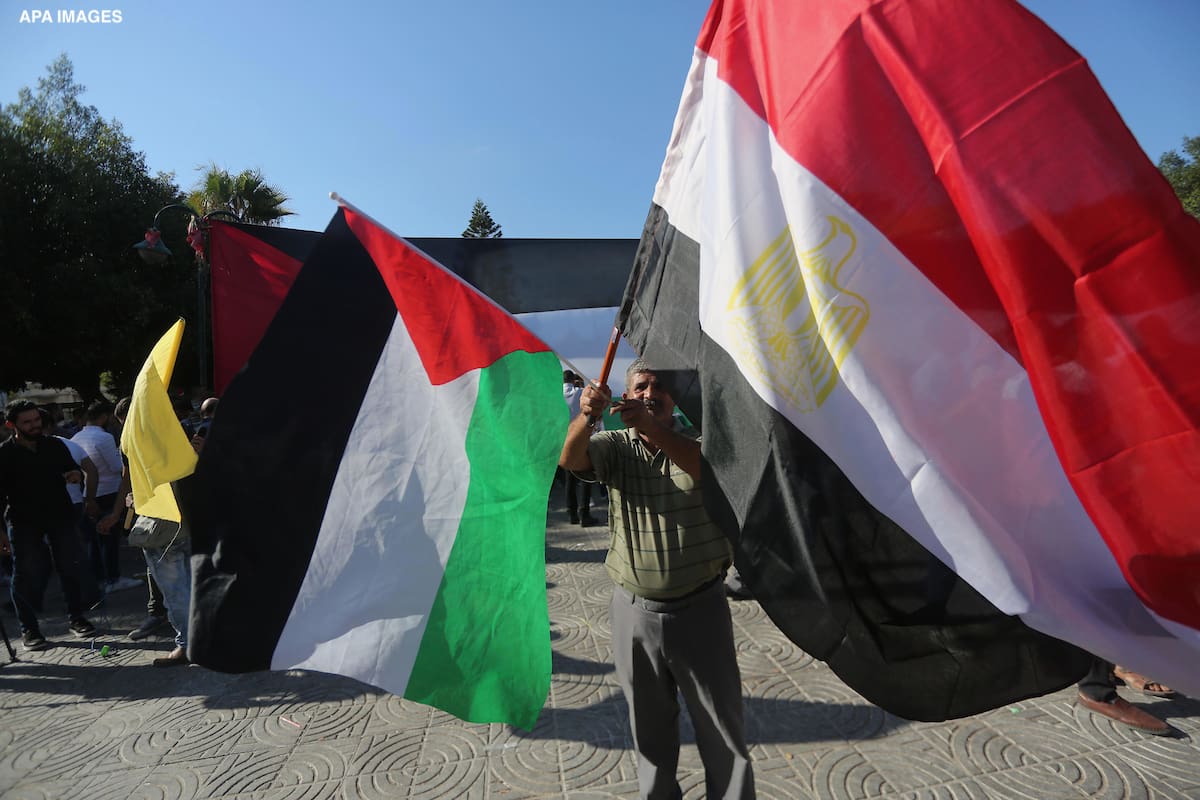
As millions celebrated the end of the month of fasting, the Palestinians of Gaza remained under lockdown, the borders almost completely sealed and the tunnel economy destroyed. Al-Shabaka’s Gaza-based Policy Advisor Haidar Eid examines the way in which successive Egyptian regimes, including the Muslim Brotherhood-backed Morsi government, have used Gaza as a tool to achieve their ends and contributed to its plight.
How Sovereign a State?
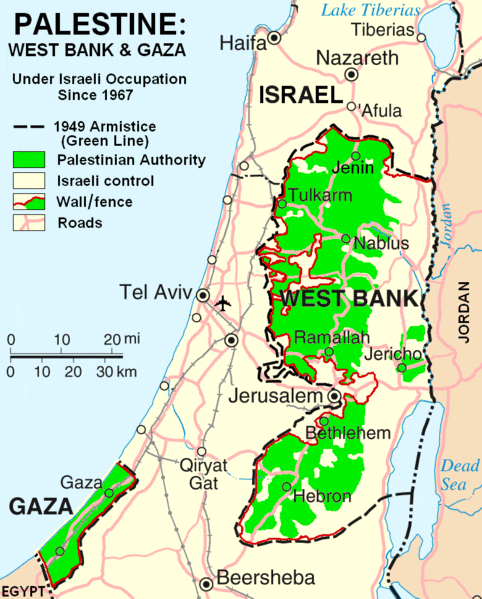
Will re-launched Israeli-Palestinian negotiations lead to a sovereign Palestinian state? In this brief, Al-Shabaka Policy Advisor Camille Mansour analyzes Israeli and Palestinian positions relating to key issues of sovereignty (i.e. armaments, alliances, crossings, borders, Israeli military posts). His conclusions – and warnings – are essential reading.
How to Make International Law Work for Palestinians
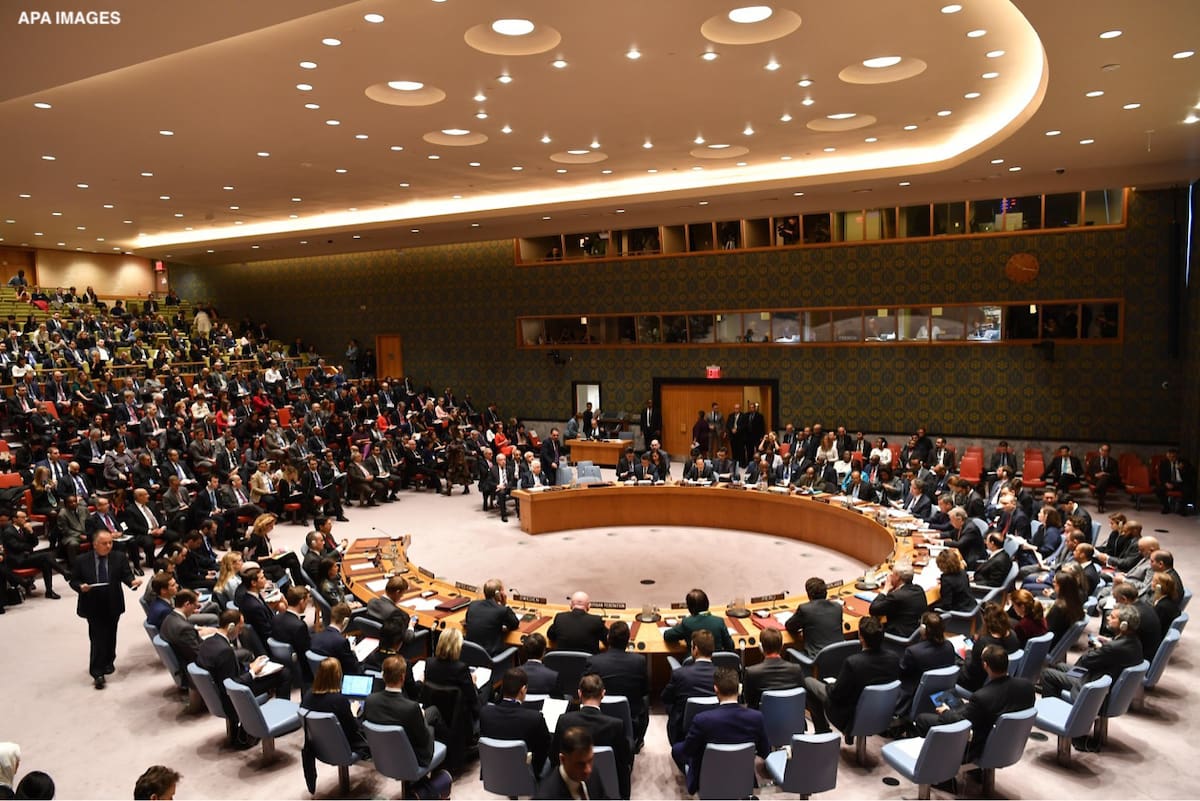
For many Palestinians, international law has a bad name. It has been ignored or subverted to prolong Palestinian oppression and fragmentation since 1948. But, as Al-Shabaka Policy Advisor Ingrid Jaradat argues, drawing on the findings of a major international conference at Birzeit University, the Palestinian people should not turn their back on international law: If used appropriately it is an effective tool for the oppressed.
Political Agency for Palestinian Return

Palestinians must themselves be the agents of their return. Some civil society campaigns are contributing to achieving return, such as the boycott, divestment and sanctions (BDS) movement and legal actions. But for real progress the internal obstacles to return must be addressed, including the lack of a consensus on how to achieve Palestinian self-determination. These are among the key points raised in this roundtable organized by Al-Shabaka’s Policy Circle on Return.
Decades of Displacing Palestinians: How Israel Does It
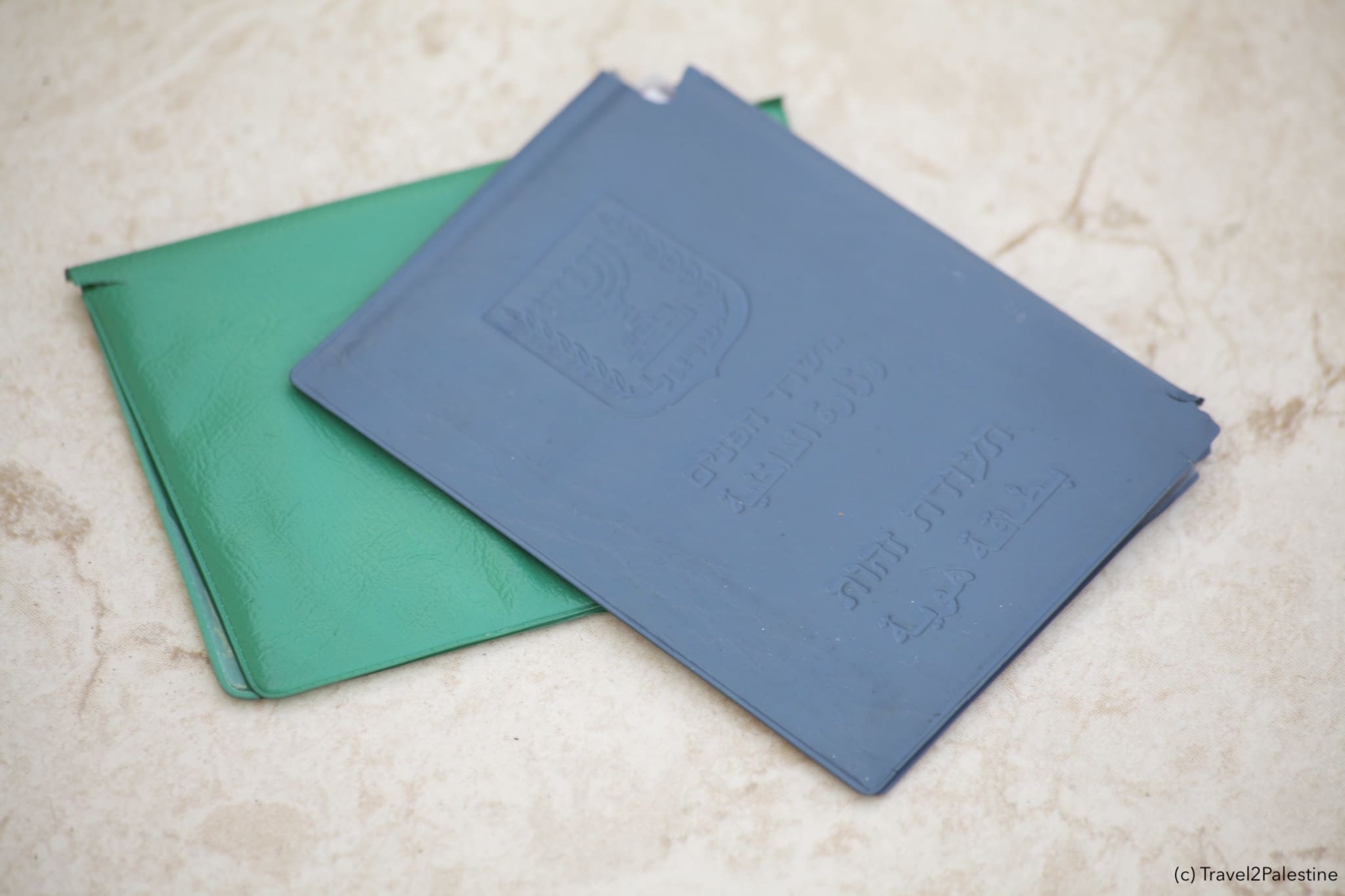
Israel is estimated to have forcibly displaced some 66% of the whole Palestinian population by 2011. Al-Shabaka Policy Advisor Munir Nuseibah identifies six different methods Israel uses on both sides of the Green Line and elaborates two: Personal status engineering and urban planning. He argues for a holistic approach to address the systematic nature of forced displacement, which is grounded in the very ethos of a state established to create and maintain a Jewish majority in all of historic Palestine.
Trashing Four Generations of Palestinian Inheritance
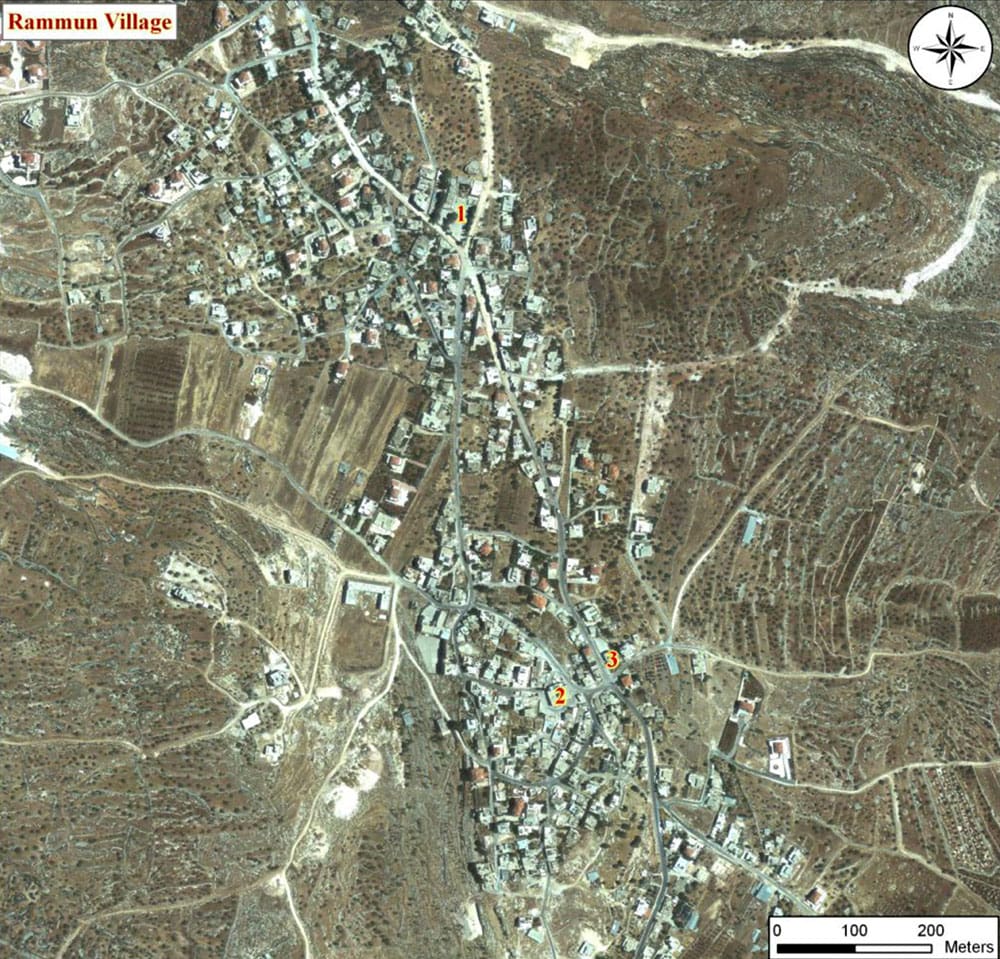
As Palestinians commemorate the 46th anniversary of Israel’s occupation on June 5th, the villagers of Rammun are particularly incensed – but their wrath is targeted primarily at the Palestinian Authority. They suspect it of complicity with the Israeli occupation in confiscating their ancestral lands for a trash landfill, just one outcome of the many decades of rights violations Palestinians everywhere experience. Al-Shabaka Policy Member Dina Omar tackles the issues.
The Price of Statelessness: Palestinian Refugees From Syria

May 15, 2013, marks the 65th anniversary of the Nakba (catastrophe) when over 700,000 Palestinians fled or were expelled by Zionist forces. To this day, Palestinian refugees have far fewer rights than other refugees, including protection from forced return to conflict zones. Al-Shabaka guest author Rosemary Sayigh starkly describes the discrimination against Palestinian refugees fleeing from Syria to Lebanon (and Jordan) and urges international action to end these violations.








